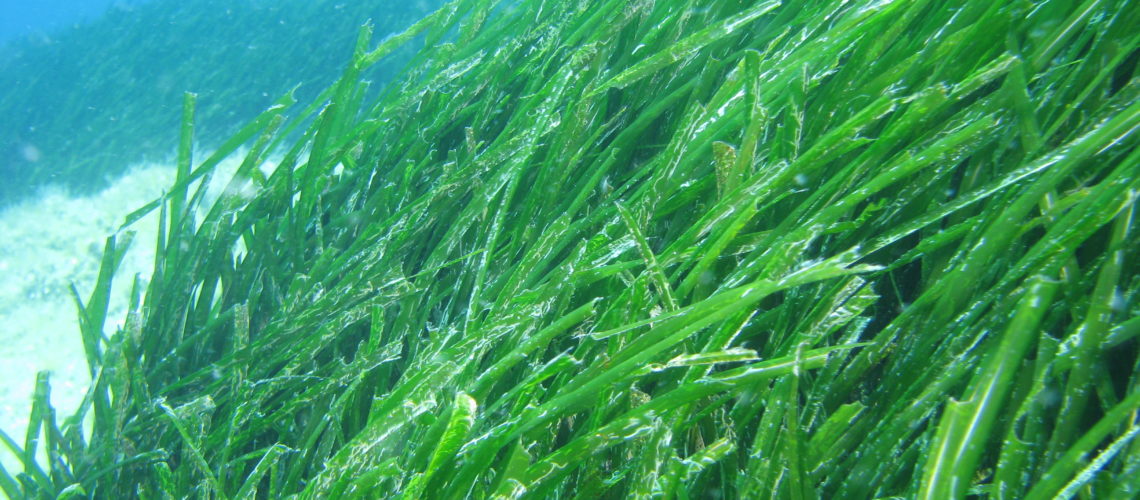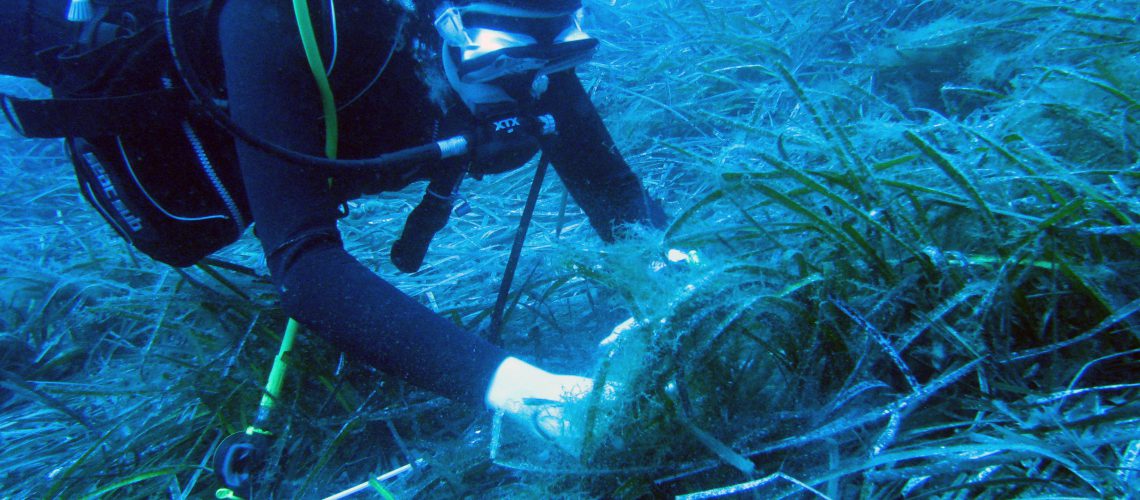
Coastal marine ecosystems such as seagrass meadows, especially Posidonia oceanica, are significant carbon storages. Such carbon, stored in the sediments of marine flowering plants (seagrasses) and salt marshes, is called blue carbon. In terms of climate change mitigation and adaptation, everyone agrees that terrestrial forests need to be preserved. But P. oceanica meadows also store significant amounts of carbon in their surrounding sediment, and are under great human impact which can lead to the release of additional amounts of carbon dioxide into the atmosphere. In addition to all the known roles that this type of plant has (oxygen production, important habitat, coastal erosion protection, supporting biodiversity), carbon storing is another important role for which it needs better protection. The past two years have surely been marked by our first participation in a project that has been co-financed by MedPAN, a network of protected area managers whose official partners we became...

The program of monitoring the condition of the Posidonia oceanica settlements on the sites of Natura 2000 ecological network in the waters of Šibenik-Knin County, the Marine Explorers Society 20.000 leagues conducted in cooperation with the Public Institution for Management of Protected Areas and Other Protected Areas of Šibenik-Knin County - "Nature" and with the help of newly trained members of the Association of Biology Students - BIUS from Zagreb. The research as part of the monitoring program was conducted on the habitat of Posidonia meadows , the largest sea flower endemic to the Mediterranean Sea. A total of six Natura 2000 ecological network areas in Šibenik-Knin County were included in the first part of the monitoring. Within each of the six Natura 2000 sites, monitoring was conducted at several stations designated for monitoring in a survey conducted by the Society 20,000 leagues in 2016 in the same area. Monitoring...
2025 © Marine Explorers Society 20.000 leagues. ALL Rights Reserved.
